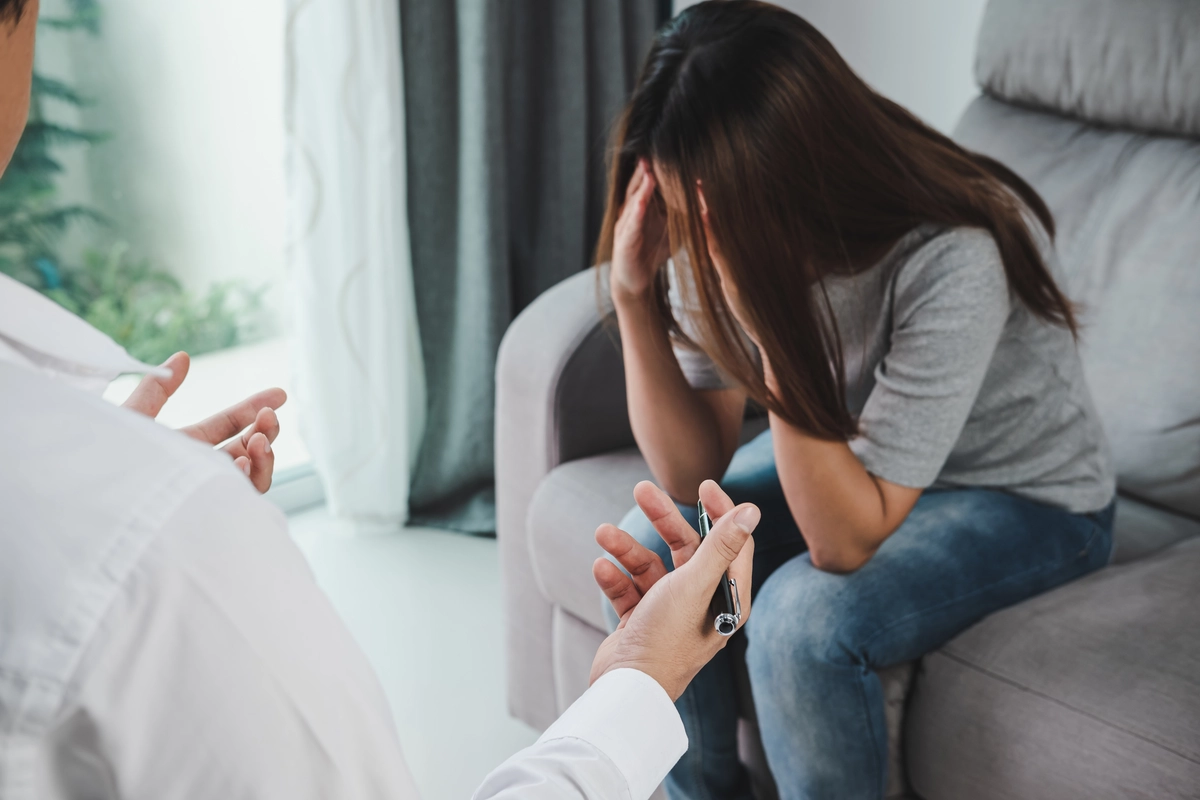24/7 Helpline:
(866) 899-221924/7 Helpline:
(866) 899-2219
Learn more about Inpatient Rehab centers in Union County

Other Insurance Options

Highmark

Sutter

Sliding scale payment assistance

Group Health Incorporated

Magellan Health

Holman Group

EmblemHealth

Self-pay options

Kaiser Permanente

Anthem

Optima

WellCare Health Plans

BlueShield

Humana

American Behavioral

ComPsych

Aetna

Carleon

CareFirst

Access to Recovery (ATR) Voucher

Oxford Treatment Center
Oxford Treatment Center, in Etta, Mississippi, is a luxury, 12 step focused drug and alcohol rehab f...










































